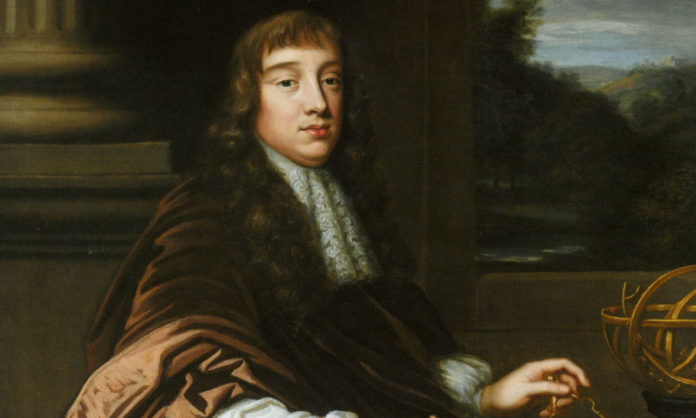
The beauty of writing fiction is that we create our own worlds and people them with characters whose personalities and fates we (mostly) control. Provided we follow our own internal story rules, there are no right or wrong choices in our creative process. But does that also apply to real-life characters that we fictionalize for our work? in a post on Writer’s Digest, Robert Lloyd discusses the ethics of how we use and portray real historical figures in our work.
Set in late 17th century London, Lloyd’s recent novel, The Bloodless Boy, features numerous historical figures interacting with his fictional characters. While writing it, Lloyd found it difficult to define the ethics of using real-life persons in his work. “Moral considerations arise, even though they died over 300 years ago,” he says.
While drafting his novel, Lloyd compressed events in the life of Robert Hooke, a polymath and member of the Royal Society, from a two-year time span to the space of a single month. Other characters who played similar roles were combined, while others had their physical and personality traits exaggerated to help readers tell them apart. “I had by now relinquished notions such as ‘truth’ or ‘accuracy’,” Lloyd says. “The realization I found was liberating. I was free, at least to an extent, from what happened. Before, I’d tried to accommodate far too much of my research: far too much of who was where and when and with whom. Instead, I sought plausibility.”
In a major diversion from history, Lloyd’s novel suggests that another member of the Royal Society died by suicide, when contemporaneous accounts say he died of natural cause. While acknowledging those accounts, Lloyd considered whether it were at least plausible that a suicide had occurred and was covered up to spare the family shame and the loss of status and inheritance. “It’s dangerous to ask this sort of question, which comes from the fictional end of the spectrum rather than the historical,” Lloyd says. “I see, and accept, that my willingness to create fictional scenarios such as these will leave some people behind.”











